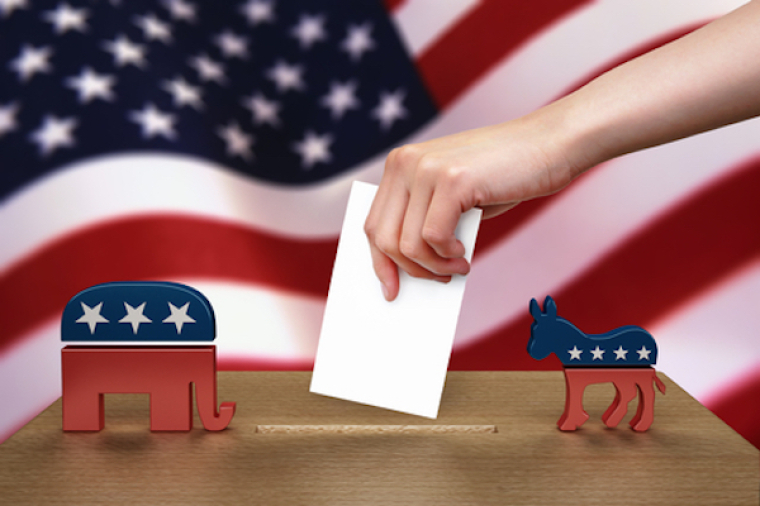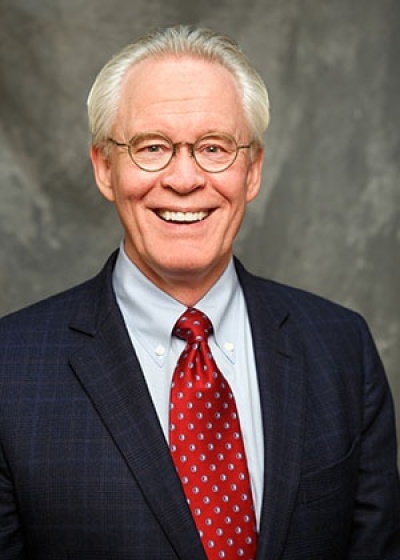COMMENTARY: What your vote does and does not do

FORT WORTH, Texas (Christian Examiner) — A lot of you are confusing the "consent of the governed," which is what happens in a political election, with some sort of absolute moral affirmation of everything the candidate you vote for has ever said or done.
Your vote does nothing of the sort.
The question on November 8 is very simple: do you prefer that Hillary Clinton or Donald Trump be president.
One of them will be president. You get to say which of those two you prefer.
There is no magic "none-of-the-above" box on the ballot that will exempt you from having to live under the government of the president who is elected.
If you abstain or vote for a 3rd party candidate who has no chance of being elected, you have simply decided to let the people who do vote make the decision for you.

2016 is the 11th presidential election in which I have voted. My general election vote has always been for the Republican candidate because each time that candidate has been the more conservative choice. But only 3 of the eleven have been the candidate I voted for in the primary.
As a delegate to the 1984 RNC, I voted at the convention to put Ronald Reagan on the ballot for a second term. He was one of my first choices. In 1988 I was a Jack Kemp delegate going into the RNC, but by the time the convention convened, Kemp had pulled out of the race and released all his delegates to George Bush. So at the convention, I voted to put George Bush, my second choice, on the ballot.
Political elections are about making the best possible choice you can at each stage in the process.
I voted for Cruz in the primary. We lost. Trump won. Won it fair and square. I supported the anti-Trump fight during the rules process at the 2016 RNC. We lost. Trump won. Whether you like it or not, whether I like it or not, Donald Trump is the Republican candidate and the only realistic option to having Hillary Clinton become the next POTUS.
No one is going to be handing out "I'm so Holy I Didn't Vote for Either of Them" prizes on November 9.
If you cannot in good conscience vote for either one of the candidates, that's fine. But keep the sanctimonious pronouncements about the virtue of not voting to yourself. You're annoying the rest of us who are out here trying to do something useful for the country by making the best choice between the only two real options being offered.
Barry McCarty is professor of preaching and rhetoric at Southwestern Baptist Theological Seminary in Fort Worth, Texas.